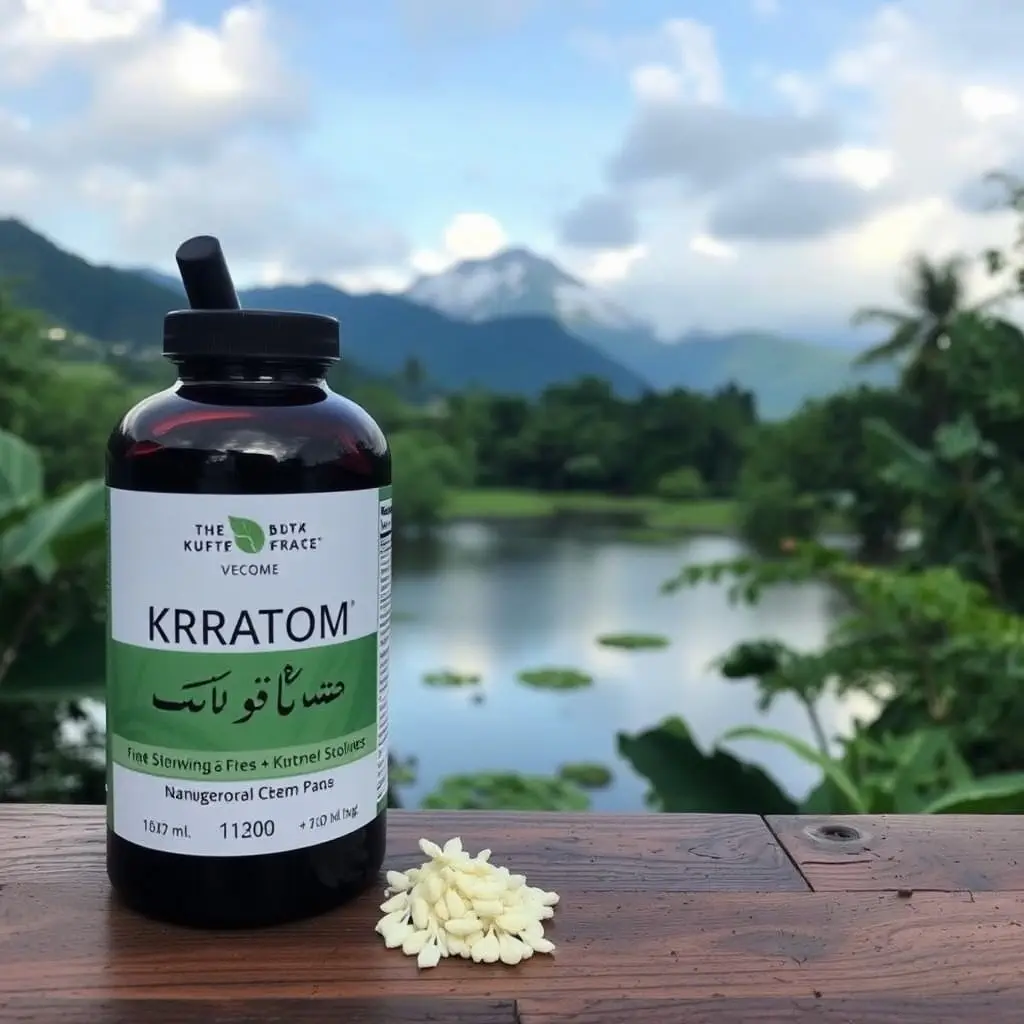Kratom, a dietary supplement popular in sports nutrition for its energy and recovery benefits, has complex travel legality worldwide. Before traveling with kratom, it's crucial to research local laws to avoid legal issues. Understanding Kratom's alkaloid profile and anti-inflammatory properties highlights its appeal, but compliance requires thorough research for seamless international journeys.
- Understanding Kratom and Its Legal Status for Travel
- The Role of Kratom in Sports Nutrition: Benefits and Considerations
- Packing and Using Kratom for Optimal Athletic Performance While Traveling
Understanding Kratom and Its Legal Status for Travel
Kratom, derived from the tropical plant Mitragyna speciosa, has gained attention in the sports nutrition realm for its potential benefits in enhancing performance and recovery. However, navigating its legal status is crucial when considering travel with kratom. The legality of kratom varies significantly across countries and regions, making it essential to understand local regulations before packing.
In many places, kratom is legally available as a dietary supplement, but strict restrictions exist for travelers. Some countries prohibit the importation or possession of kratom due to concerns over its addictive properties and health risks. Travelers must check the specific laws of their destination, especially when carrying kratom in their luggage. Proper research ensures compliance with regulations, avoids legal issues, and guarantees a smooth travel experience.
The Role of Kratom in Sports Nutrition: Benefits and Considerations
Kratom, a natural herb known for its diverse range of effects, is gaining attention in the world of sports nutrition. For athletes and fitness enthusiasts, kratom offers potential benefits that can enhance performance and recovery. One of its key advantages is its ability to provide sustained energy levels, making it useful for pre-workout routines. This effect is attributed to kratom’s unique alkaloid profile, which includes compounds like mitragynine and 7-hydroxymitragynine. These substances interact with the body’s opioid receptors, leading to increased alertness and reduced fatigue without the jittery side effects often associated with synthetic stimulants.
Additionally, kratom has anti-inflammatory properties, which can aid in post-workout recovery. This is particularly beneficial for athletes who engage in high-intensity training or suffer from delayed onset muscle soreness (DOMS). However, when considering the role of kratom in sports nutrition, it’s crucial to discuss travel restrictions and regulations. Due to its psychoactive properties, kratom is subject to varying legal statuses worldwide, and some countries strictly prohibit its use or possession. Therefore, athletes and travelers must be aware of local laws before deciding to bring kratom with them during international trips.
Packing and Using Kratom for Optimal Athletic Performance While Traveling
Kratom, a natural herb with potential performance-enhancing properties, offers unique benefits for athletes. Its legal status varies globally, but understanding and respecting local regulations is crucial when traveling with it. For sports nutrition, kratom can be a game-changer, aiding in recovery, reducing muscle soreness, and enhancing focus. When packing for travel, consider the appropriate dosage forms to ensure optimal athletic performance while adhering to legal constraints on Kratom transportation. Remember, proper usage and consultation with experts are essential to unlock its advantages without any negative impacts.






